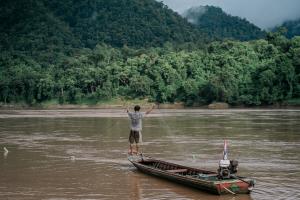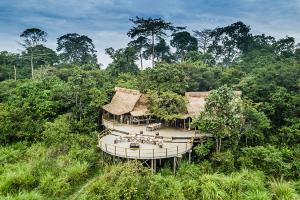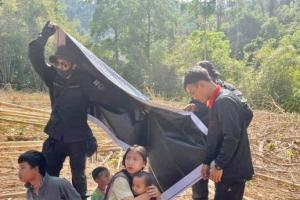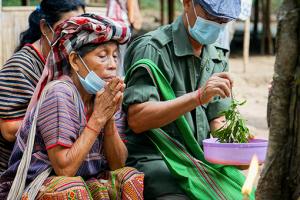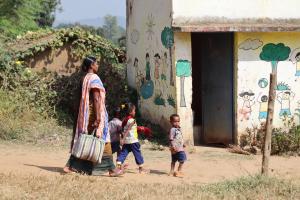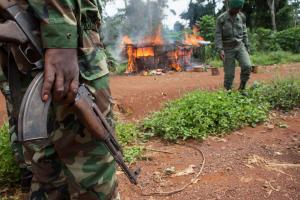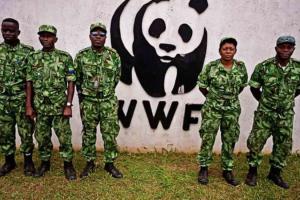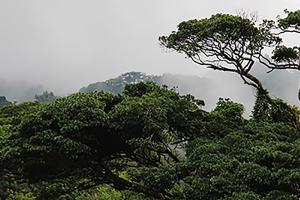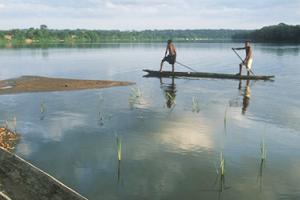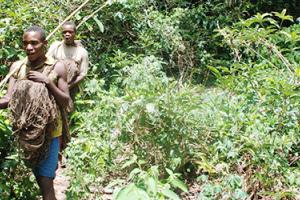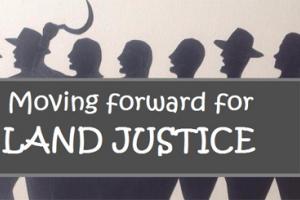Protected Areas
The 'parks without people' conservation model has its roots in the 19th century U.S.A. It has expanded worldwide and given rise to an elitist conservation industry dominated by big conservation NGOs. This model has become another major threat to the physical and cultural survival of forest-dependent communities, their knowledge and their traditional conservation practises.
The Sangha region is entirely under the control of three concessions that have colonial origins and continue to deploy guards against the forest inhabitants to prevent them using their ancestral lands.
Indigenous Karen People from Bang Kloi returned to their ancestral home in the Kaeng Krachan forests, after years of dispossession due to the creation of a National Park. Karen communities are mobilizing in solidarity to the Bang Kloi communities’ right to return home.
Before, conservation organizations were focused on raising money to create protected areas in forests supposedly threatened with destruction; today, they constitute a bona fide transnational “industry” that manages and controls areas that go far beyond forests.
In Africa’s Congo Basin the many promises of rights-based and participatory conservation have miserably failed to materialise. For communities living in and around protected areas, the reality continues to be one of dispossession, impoverishment and widespread human rights abuses.
